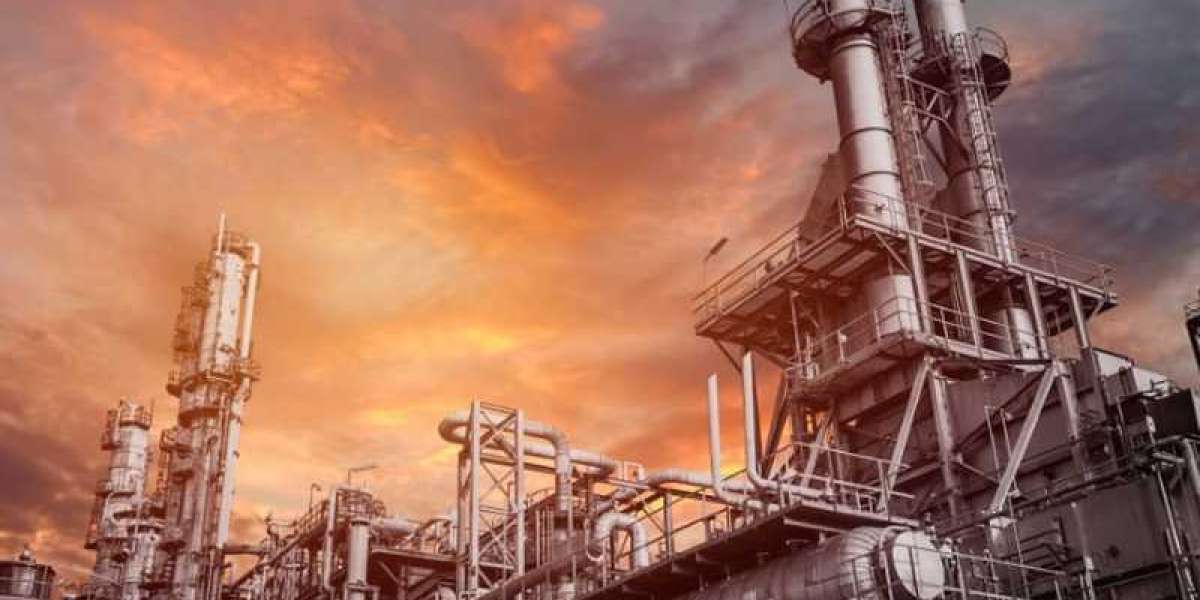Hydraulic filters might not be the most glamorous part of a hydraulic system, but they are undoubtedly one of the most crucial. They ensure that machinery runs smoothly by keeping the hydraulic fluid clean and free of contaminants. In this article, we’ll dive deep into the world of hydraulic filters, exploring what they are, how they work, and why they’re so important.
What is a Hydraulic Filter?
A hydraulic filter is a device designed to remove contaminants from hydraulic fluid. These contaminants, such as dirt, debris, and metal particles, can enter the system from various sources. By filtering out these impurities, hydraulic filters help maintain the integrity and performance of hydraulic systems.
Types of Hydraulic Filters
Hydraulic filters come in various types, each serving a specific purpose in the hydraulic system. Understanding these types can help you choose the right filter for your needs.
Suction Filters
Purpose: Suction filters are installed at the pump's intake.
Function: They prevent large contaminants from entering the pump and causing damage.
Return Line Filters
Purpose: Located on the return line to the reservoir.
Function: These filters capture contaminants before they can re-enter the reservoir, ensuring that only clean fluid is recirculated.
Pressure Filters
Purpose: Positioned after the pump.
Function: They protect sensitive components from high-pressure fluid contamination, ensuring reliable operation.
Off-line Filters
Purpose: Operate independently of the main hydraulic circuit.
Function: Provide continuous filtration without interrupting the main system, often used for conditioning the fluid in large systems.
How Hydraulic Filters Work
Hydraulic filters operate by passing the hydraulic fluid through a filtration medium. This medium traps contaminants, allowing only clean fluid to pass through. The filtration process can involve several stages, depending on the filter type and design. Common contaminants include dirt, metal particles, and rubber fragments, all of which can cause significant damage if left unchecked.
Benefits of Using Hydraulic Filters
Extended Equipment Life
Hydraulic filters significantly reduce wear and tear on system components by removing harmful contaminants. This extended life of the equipment leads to fewer breakdowns and longer intervals between maintenance.
Improved Efficiency
Clean hydraulic fluid ensures optimal performance and efficiency of the system. Contaminated fluid can cause components to work harder, reducing efficiency and increasing energy consumption.
Reduced Maintenance Costs
By preventing contamination-related breakdowns, hydraulic filters lower overall maintenance expenses. This reduction in downtime and repair costs makes them a cost-effective investment.
Choosing the Right Hydraulic Filter
Selecting the appropriate hydraulic filter involves understanding your system’s specific requirements. Here are some key factors to consider:
Understanding System Requirements
Knowing the type of hydraulic fluid, system pressure, and flow rate is essential. Different systems have varying needs, and the filter must be compatible with these parameters.
Key Factors to Consider
Filtration Efficiency: The filter’s ability to remove contaminants.
Dirt Holding Capacity: How much contamination the filter can hold before it needs to be replaced.
Pressure Drop: The resistance the filter adds to the system; a high-pressure drop can affect performance.
Common Issues with Hydraulic Filters
Despite their importance, hydraulic filters can face several issues that affect their performance.
Clogging
Filters can become clogged with contaminants, reducing their effectiveness. Regular maintenance is necessary to prevent clogging.
Pressure Drop
Excessive pressure drop across the filter can lead to reduced system performance. It’s important to monitor and address any significant drops.
Inefficient Filtration
Incorrect filter selection or poor maintenance can result in inadequate filtration. Ensuring you have the right filter and keeping it well-maintained is crucial.
Maintenance Tips for Hydraulic Filters
Regular maintenance is vital for the longevity and efficiency of hydraulic filters. Here are some tips to keep them in top condition:
Regular Inspections
Periodically check filters for signs of clogging or damage. Regular inspections help identify potential issues before they become major problems.
Cleaning and Replacement Guidelines
Follow manufacturer recommendations for cleaning or replacing filters. Neglecting maintenance can lead to system failures and increased costs.
Conclusion
Hydraulic filters are indispensable for maintaining the health and efficiency of hydraulic systems. By understanding their types, functions, and maintenance needs, you can ensure your equipment runs smoothly and efficiently. Investing in quality hydraulic filters and regular maintenance can save you from costly repairs and downtime.








